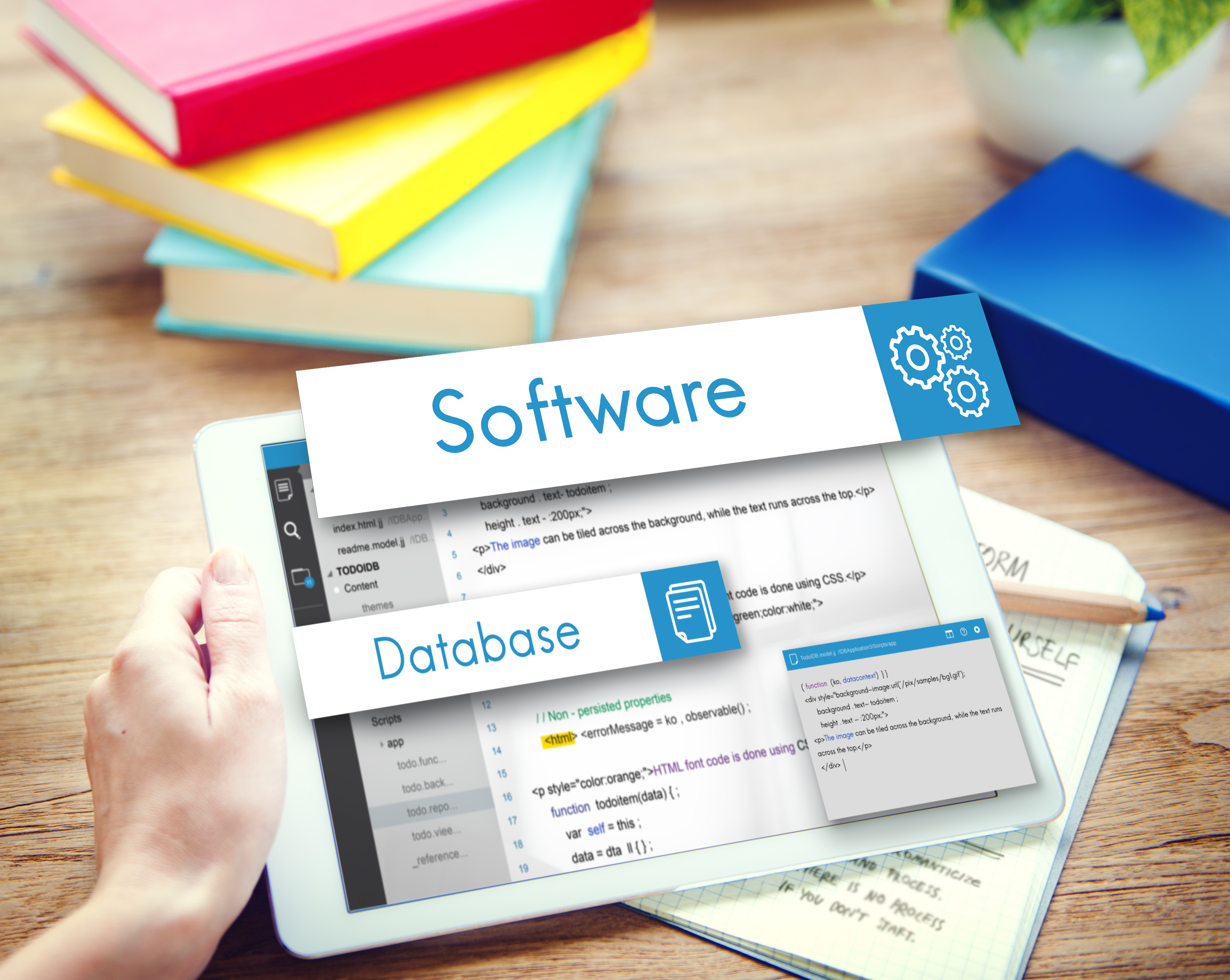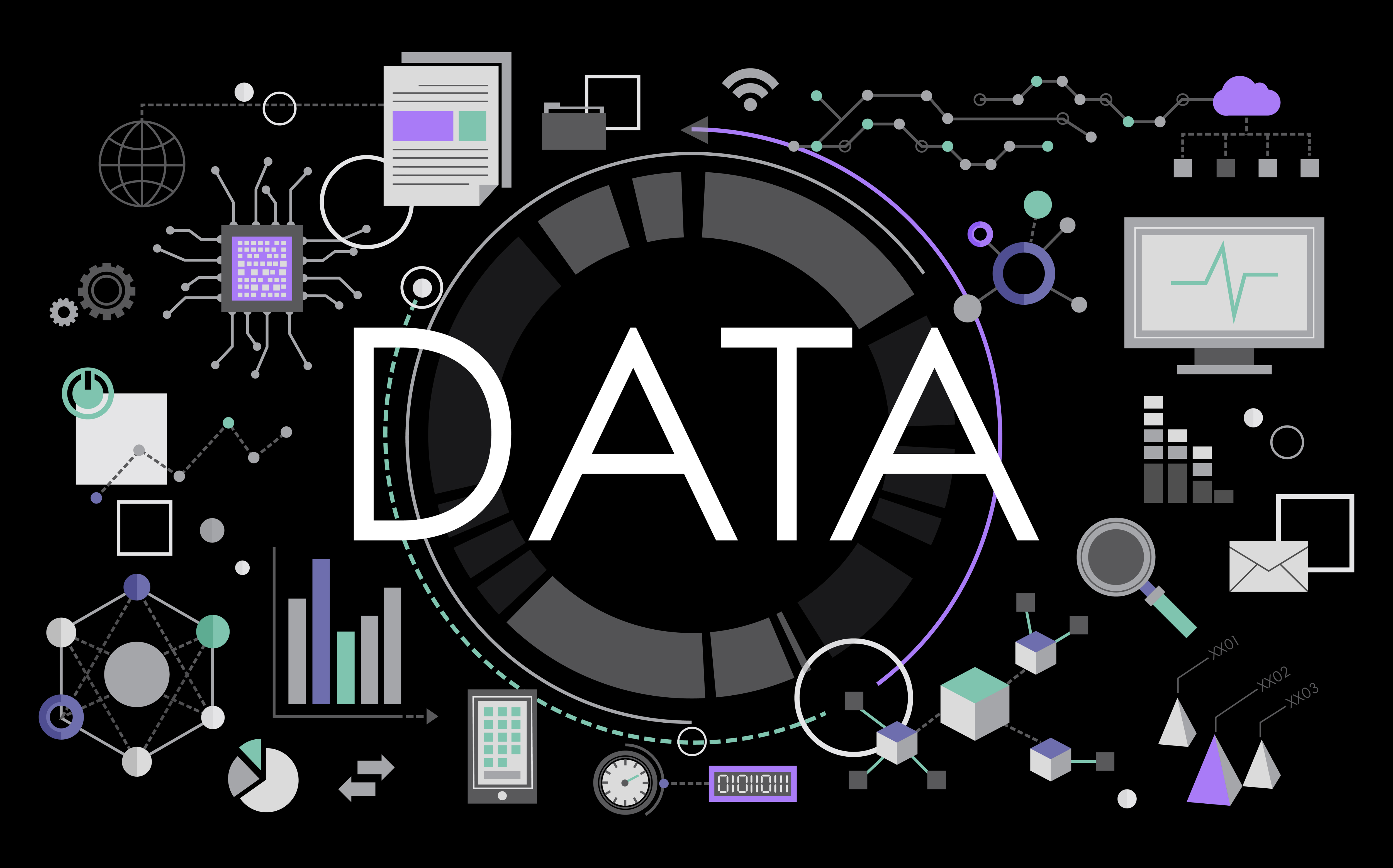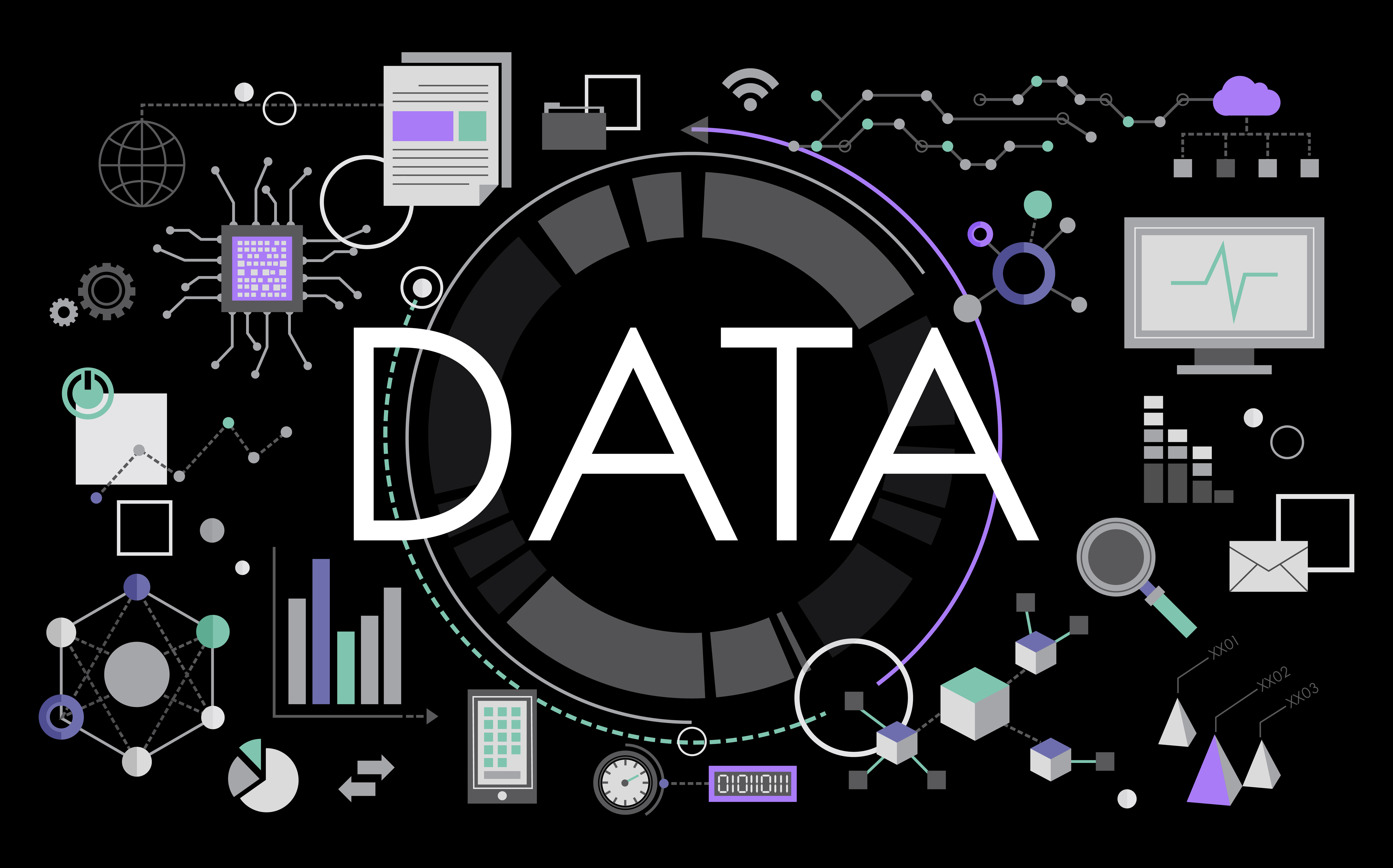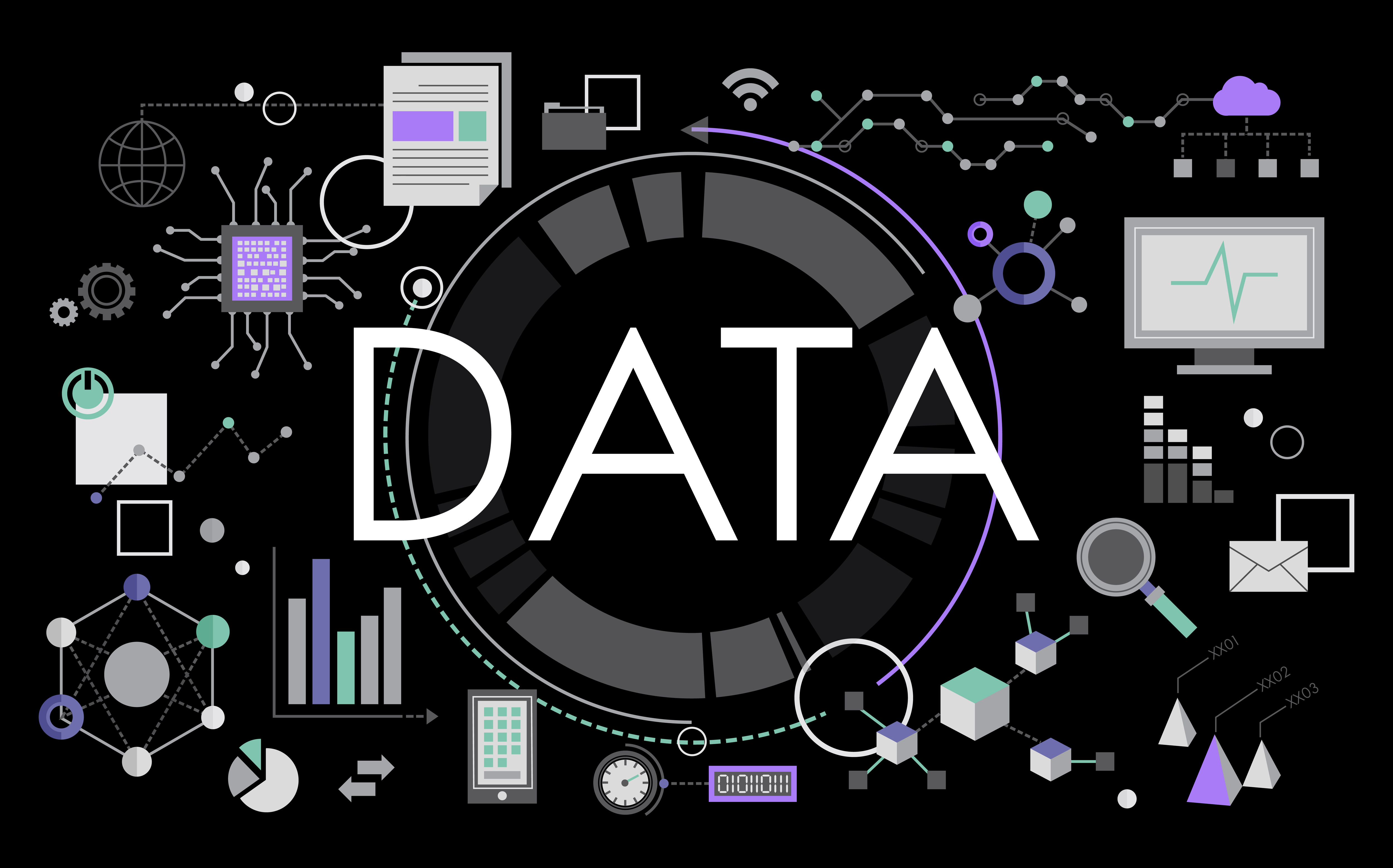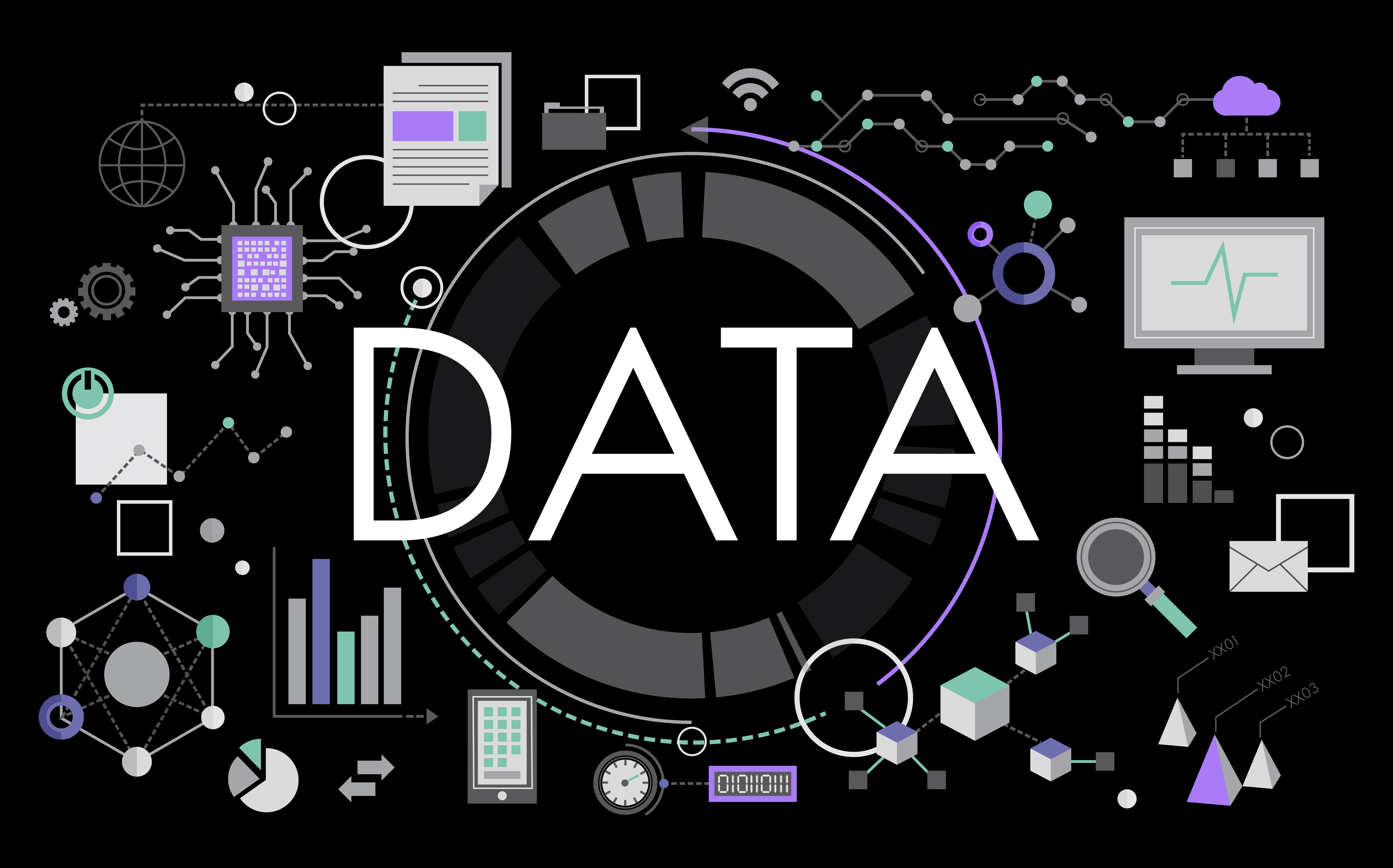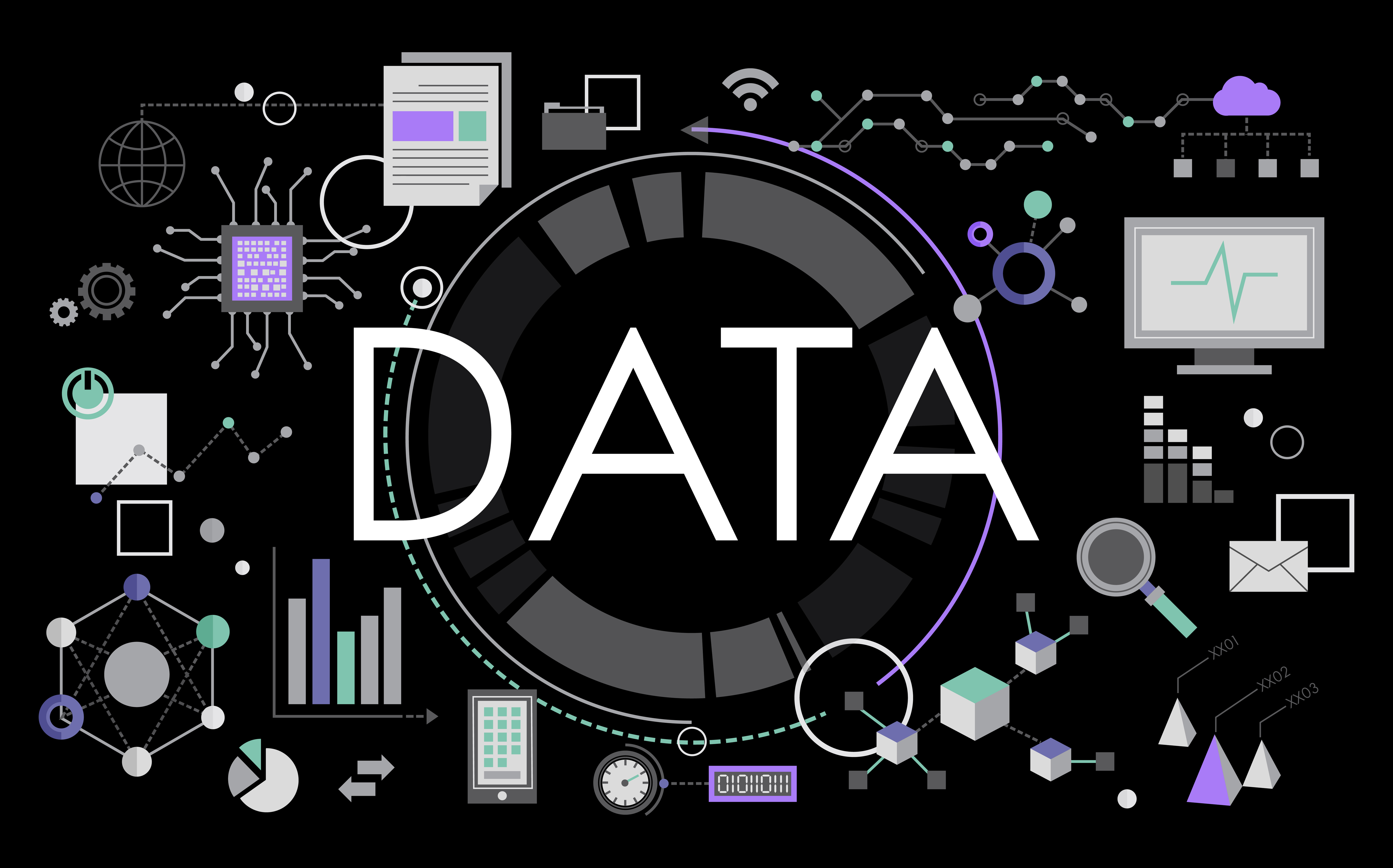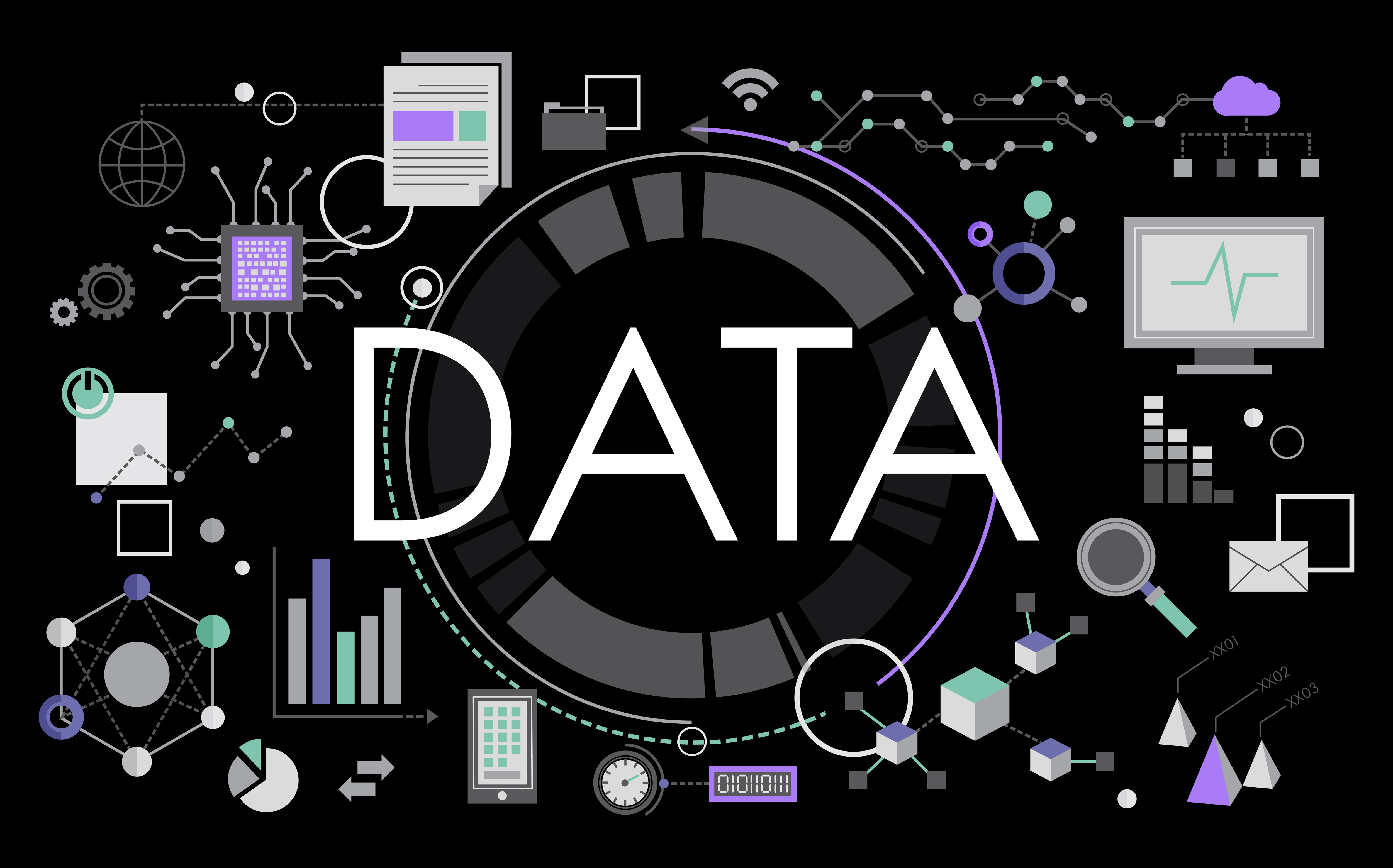Kshs. 50 000 | 16 Weeks
Enrollment Minimum Requirements
- Basic Computer skills
- Laptop
- Access to internet
Course Contents/Details
DSM 002: Python Programming (32 hours)
Certification: International Python Institute
Certification Name: PCEP – Certified Entry-Level Python Programmer
Course Overview
Dive into programming, learn Python from scratch, and prepare for the PCEP. This introductory course gives you an opportunity to dive into Python and computer programming with no specific prerequisites or prior knowledge required. It will guide you from a state of complete programming illiteracy to a level of programming knowledge which will allow you to design, write, debug, and run Python scripts, and to understand the basic concepts of software development technology.
Course Objectives
By the end of this course the trainee should be able to
1. Learn the universal concepts of computer programming
2. Learn the syntax and semantics of the Python language
3. Practice skills in resolving typical implementation challenges
4. Use the most important elements of Python Standard Library
5. Install your runtime environment
6. Write your own Python programs
Course Outline
1. Introduction to Python and Computer Programming
The fundamentals of computer programming, i.e. how the computer works, how the program is executed, how the programming language is defined and constructed, what the difference is between compilation and interpretation, what Python is, how it is positioned among other programming languages, and what distinguishes the different versions of Python
2. Data Types, Variables, Basic input-output operators,basic operators
The basic methods of formatting and outputting data offered by Python, together with the primary kinds of data and numerical operators, their mutual relations and bindings; the concept of variables and variable naming conventions; the assignment operator, the rules governing the building of expressions; the inputting and converting of data.
3. Boolean values, Conditional Execution, loops, lists, logical and bitwise operations
Boolean values to compare difference values and control the execution paths using the if and if-else instructions; the utilization of loops (while and for) and how to control their behavior using the break and continue instructions; the difference between logical and bitwise operations; the concept of lists and list processing, including the iteration provided by the for loop, and slicing; the idea of multi-dimensional arrays
4. Functions, Tuples, Dictionary & Data Processing
The defining and using of functions – their rationale, purpose, conventions, and traps; the concept of passing arguments in different ways and setting their default values, along with the mechanisms of returning the function’s results; name scope issues; new data aggregates: tuples and dictionaries, and their role in data processing.
PCEP Entry level Python programmer certification (PCEP-03-01/02 certification) has 30 questions as detailed below -
1. Module 1: Basic Concepts (5 questions)
• Basic concepts
• Interpreter, compiler, lexis, semantics, syntax, Keywords, etc.
• Literal - Integer, Boolean, Floats, scientific notation, string
• comment
• print()
• input()
• Other numeral systems - binary, decimal, octal, and hexadecimal
• Arithmetic(numeric) operators -> +, -, , /, //, %, *
• String Operators: +, *
• assignments and shortcut operators
2. Module 2: Data Types, Evaluations, and Basic I/O Operations (6 Questions)
• operators: unary and binary, priorities and binding
• bitwise operators: ~ & ^ | << >>
• Boolean operators: or, and, not
• Boolean expressions
• relational operators ( == != > >= < <= ), building complex Boolean expressions
• accuracy of floating-point numbers
• basic i/o (input and output) operations using - input(), print(), int(), float(), str(), len() functions
• format print() output with end= and sep= arguments
• type casting
• basic calculations
• simple strings: constructing(create), assigning, indexing, immutability
3. Module 3: Control Flow – loops and conditional blocks (6 questions)
• conditional statements: if, if-else, if-elif, if-elif-else
• multiple conditional statements - multiple if statement
• the pass instruction
• Loops: while, for, range(), in
• Iteration - iterating through sequences
• loops continued: while-else, for-else
• nesting loops and conditional statements
• controlling loop execution: break, continue
4. Module 4: Data Collections – Lists, Tuples, and Dictionaries (7 questions)
• simple lists: constructing vectors, indexing, and slicing, the len() function
• lists in detail: indexing, slicing, basic methods (append(), insert(), index()) and functions (len(), sorted(), etc.), del instruction, iterating lists with the for loop, initializing, in and not in operators, list comprehension, the difference between copying and cloning
• lists in lists: matrices and cubes
• tuples: indexing, slicing, building, immutability
• tuples vs. lists: similarities and differences, lists inside tuples and tuples inside lists
• dictionaries: building, indexing, adding and removing keys, iterating through dictionaries as well as their keys and values, checking key existence, keys(), items(), and values() methods
• strings in detail: escaping using the \ character, quotes, and apostrophes inside strings, multi-line strings, basic string functions.
5. Module 5: Functions (6 questions)
• define and call(invoking) your own functions(user-defined functions) and generators
• return and yield keywords, returning results,
• the None keyword,
• recursion
• parameters vs. arguments,
• positional keyword and mixed argument passing,
• default parameter values
• converting generator objects into lists using the list() function
• name scopes, name hiding (shadowing), the global keyword
• PCEP Certification: Exam Information
• Exam Name: PCEP Certified Entry-Level Python Programmer
• Exam Code: PCEP-30-01 / 02
• Exam Level: Entry
• Pre-requisites: None
• Duration: 45 minutes (exam) + approx. 5 minutes (Non-Disclosure Agreement/Tutorial)
• Number of Questions: 30
• Format: Single-choice and multiple-choice questions, drag & drop, gap fill | Python 3. x
• Passing score: 70%
• Language: English
• Delivery Channel: OpenEDG Testing Service
• PCEP certification is a professional Entry-Level Python Programmer Exam to test a person’s ability to understand basic coding related to Fundamentals of Python Programming. The candidate will gain all the necessary knowledge of Python Programming, its syntax, semantics, and basic concepts like the below -
• Concepts like - literals, print(), input(), numbers, strings, etc.
• knowledge of operators - unary, binary, bitwise, boolean, relational operators, simple strings, data type, evaluation, I-O, etc.
• Control Flow - Loops, If, While, for, break, continue, pass
• Data collections - Lists, tuples, dictionaries, strings
• Functions - Arguments, Parameters, recursion, scope, global, positional arguments, Keyword arguments, None, yield, default parameter, etc.
•
Certification link: PCEP (Python Institute - PROGRAM YOUR FUTURE)
Resources:Edube Interactive :: Python Essentials - Part 1
Book for certification test : OpenEDG - Store (Edube Interactive :: Log in)
To book your certification test, please go to PCEP (pythoninstitute.org)
Certification fee : $76 paid directly to the International Python Institute.
LEAD INSTRUCTOR

Levi Bushuru
BSC ( Mathematics & Statistics)
Rongo University
PGDip( Data Science)
Africa Data Academy, Nairobi, Kenya





